The complete Mozart operas
Everything you always wanted to know, but were too afraid to ask, about the legendary composer's 23 operatic works
The collection
A child prodigy, a consummate man of the theatre, and an artist of infinite creativity: experience a lifetime of excellence in our full collection of operas by Wolfgang Amadeus Mozart. Beyond his best-known masterworks (like Don Giovanni, The Marriage of Figaro, and Così fan tutte — the Da Ponte Trilogy, showcased here in a spectacular recent production from the Royal Opera of the Château de Versailles), discover seven rarely performed works from the prestigious Salzburg Festival, new to our catalogue, by a genius whose music captured human nature in its lightest and darkest aspects.
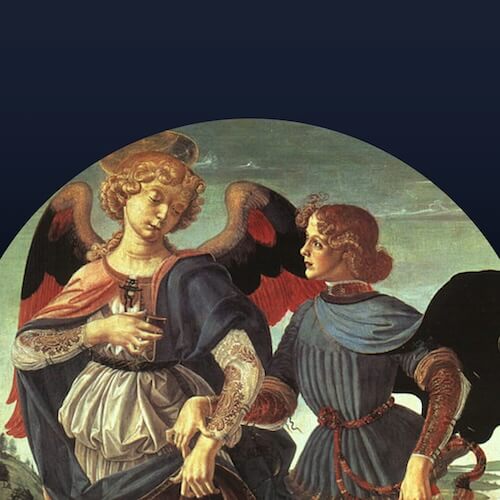
Die Schuldigkeit des ersten Gebots K35
1767
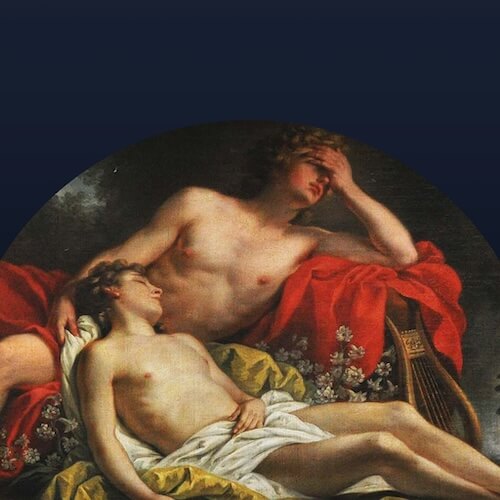
Apollo et Hyacinthus K38
1767
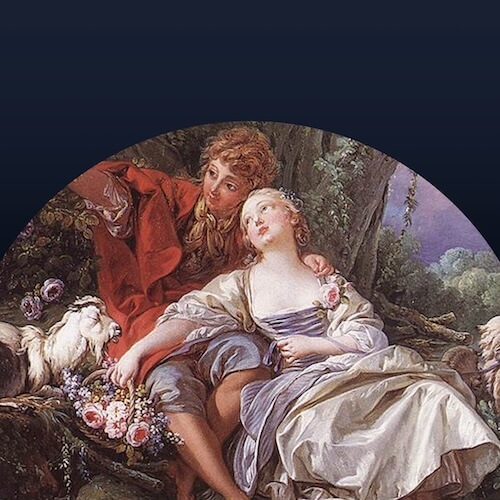
Bastien und Bastienne K50
1768
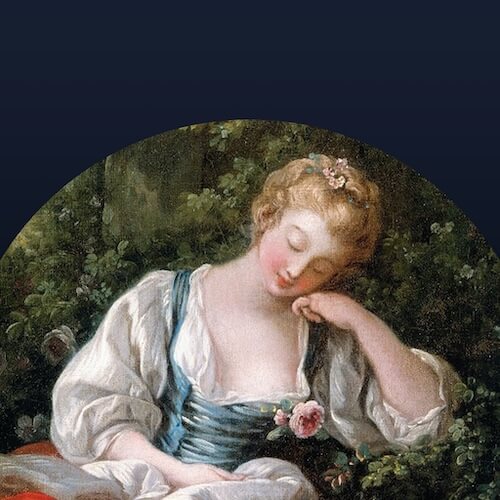
La finta semplice K5
1769
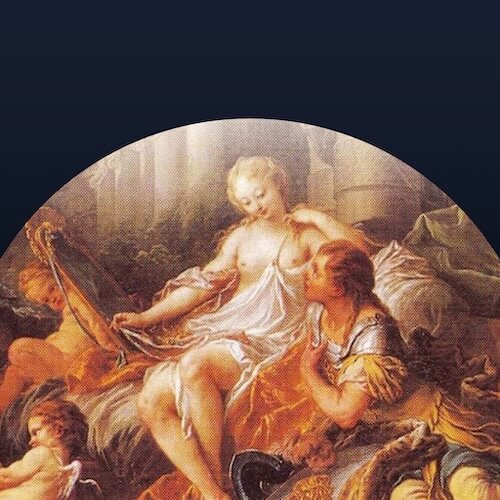
Mitridate, re di Ponto K87
1770
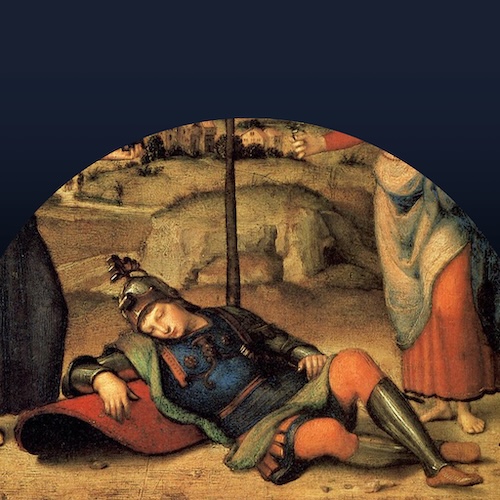
Ascanio in Alba K111
1771
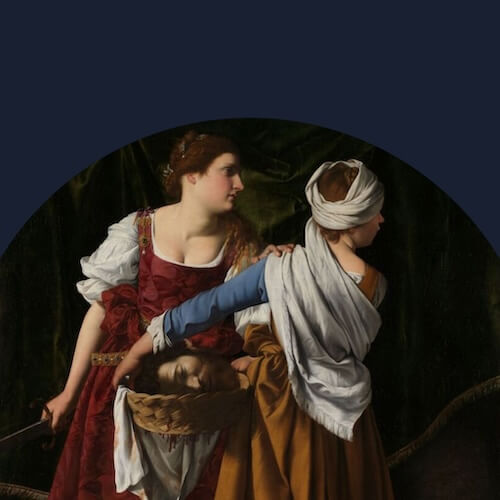
Betulia liberata K118
1771
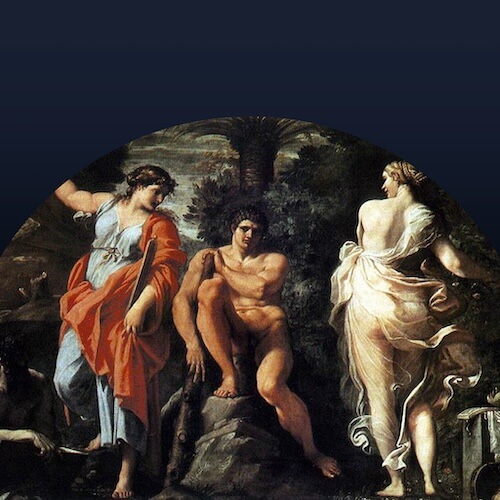
Il sogno di Scipione K126
1772
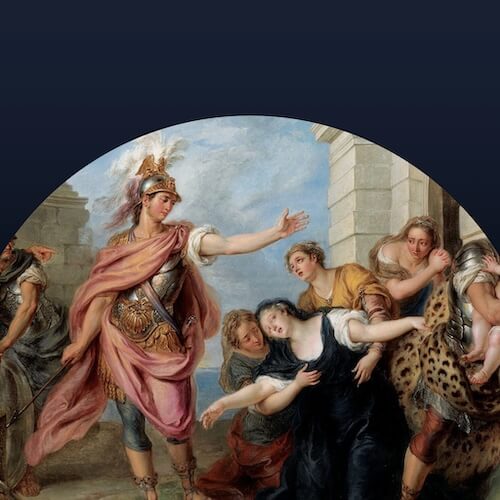
Lucio Silla K135
1772
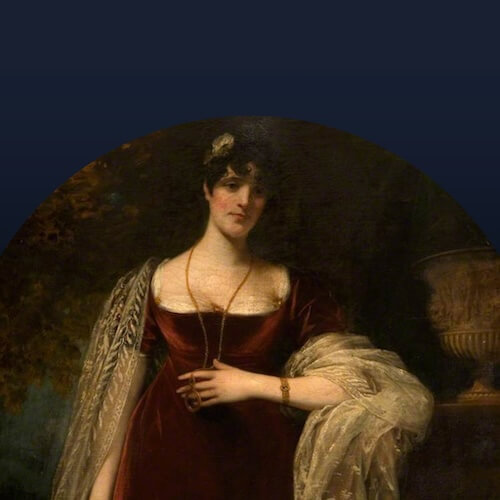
La finta giardiniera K196
1775
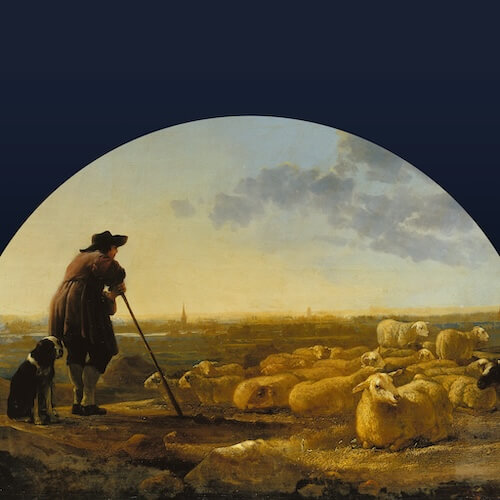
Il re pastore K208
1775
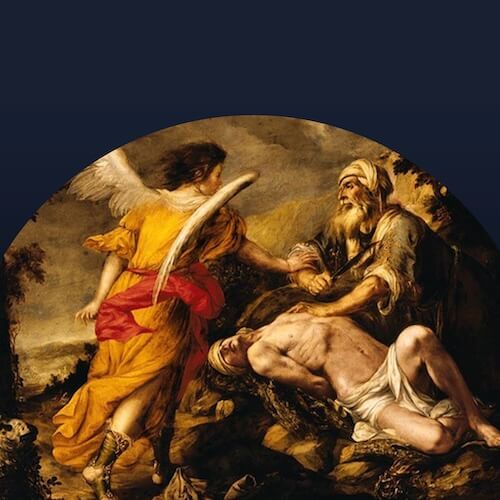
Idomeneo K366
1781

Die Entführung aus dem Serail K384
1782
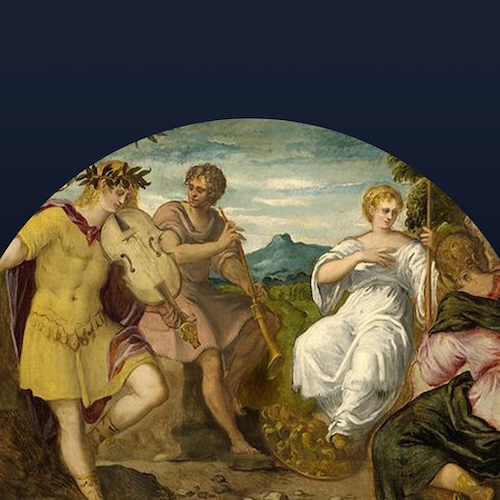
Der Schauspieldirektor K486
1786
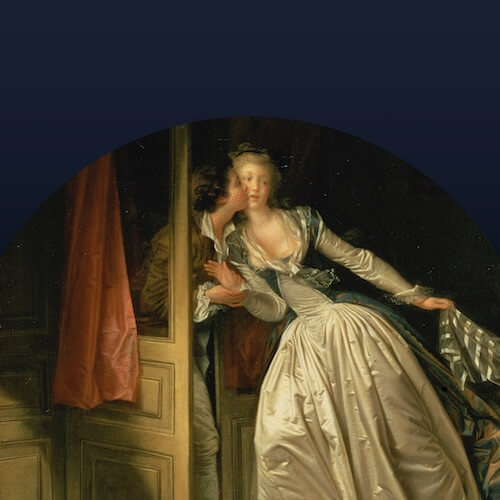
Le nozze di Figaro K492
1786
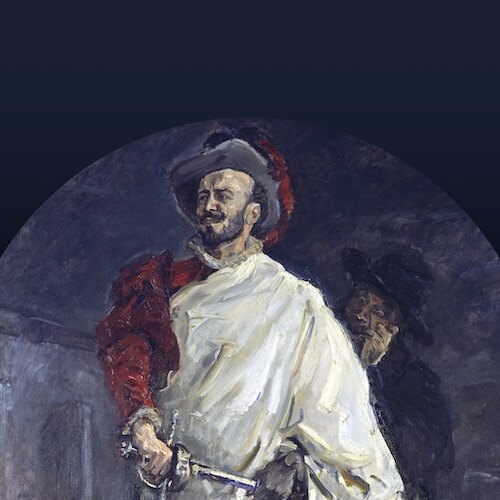
Don Giovanni K527
1787
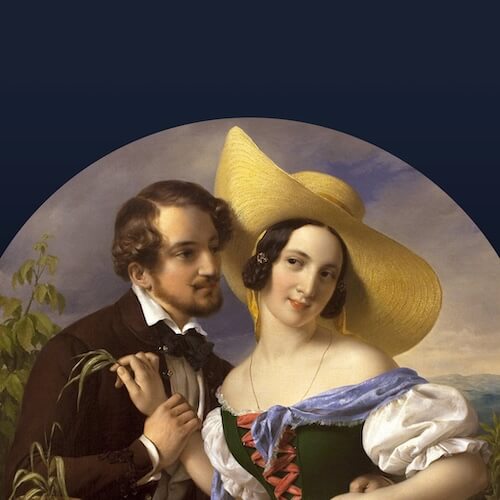
Così fan tutte K588
1790

Die Zauberflöte K620
1791
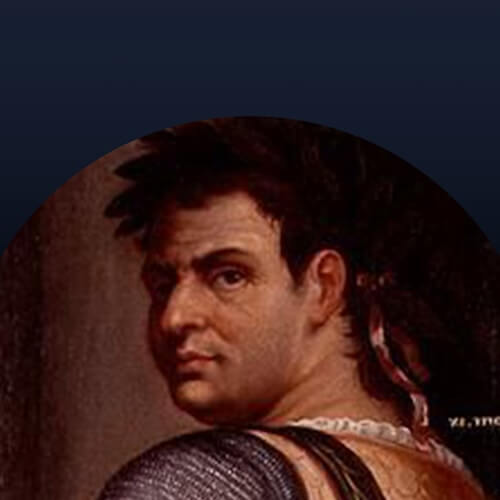
La clemenza di Tito K621
1791
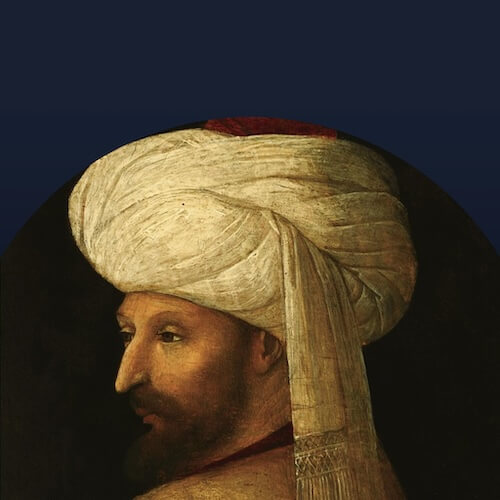
Zaide K344
1866
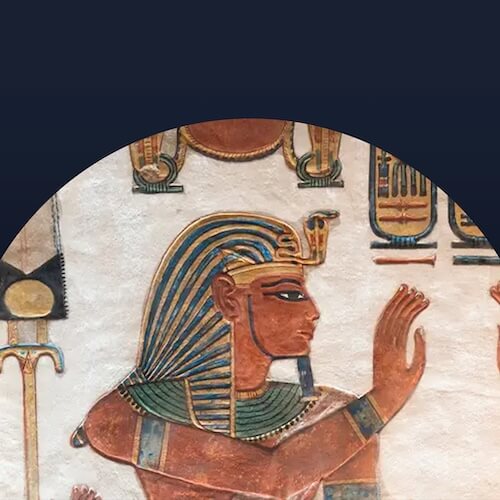
T.H.A.M.O.S. *after Mozart
1780
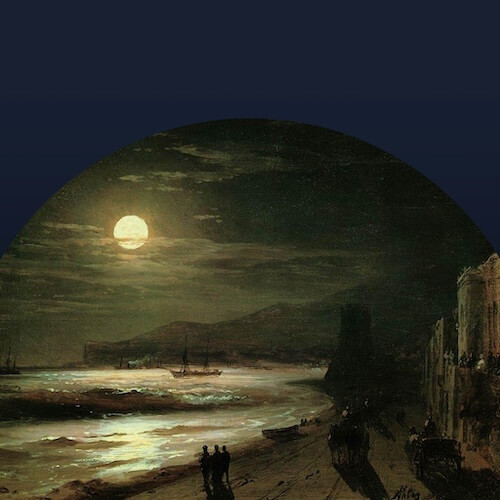
Abendempfindung *after Mozart
2006
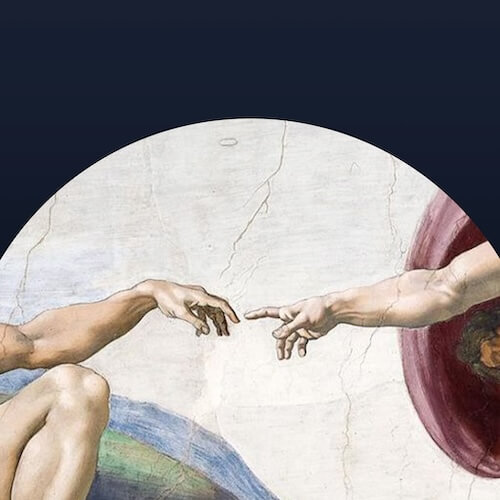
Rex Tremendus *after Mozart
2006
The Da Ponte trilogy
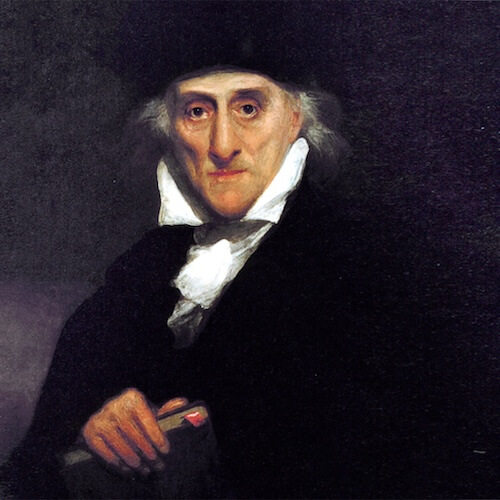
Lorenzo Da Ponte
What do the famed Marriage of Figaro, Don Giovanni, and Così fan tutte have in common? In addition to their composer, these monuments of the classical repertoire, created in the space of only four years, are the work of Italian librettist Lorenzo Da Ponte. The exquisite subtlety of the Venetian poet's prose, combined with Mozart's unforgettable music, is a gift to the heritage of opera, and all three operas are still as appreciated today as they were in the 18th century.
The figure of Lorenzo Da Ponte remains an enigma in many respects. Born near Venice to a Jewish family, this friend of Casanova was in turn a Catholic priest, a librettist to the greatest composers of the European courts of his time, and — after crossing the Atlantic — the first professor of Italian literature at Columbia University. In the United States, he was responsible for introducing Mozart's operas to the New World, and laid the foundations for the institution that would later become the Metropolitan Opera. Immerse yourself in the world of this fascinating figure with three extraordinary productions staged in 2023 at the sublime Royal Opera of the Château de Versailles.
The Marriage of Figaro
Highlights (to name just a few among many!) include the world-famous Overture; Figaro's irresistibly catchy first-act aria "Non più andrai"; Act II aria "Voi, che sapete" by the womanizing Cherubino (one of the great trouser roles, performed here by Miriam Albano); Rosina's Act II lament "Dove sono"; and the duet "Sull'aria … che soave zeffiretto" from Act III, used to poignant effect in The Shawshank Redemption.
Don Giovanni
Even if it's your first time watching this diabolical masterpiece, you may recognize some of its most famous moments: Leporello's "catalogue" aria in Act I, "Madamina, il catalogo è questo," in which he recounts his master's flabbergasting list of romantic conquests all over Europe; the Act I duet between Don Giovanni and the peasant woman Zerlina, "Là ci darem la mano," a simple and immediately memorable melody that has inspired dozens more composers through the centuries; and "Il mio tesoro" from Act II, in which Donna Anna's betrothed, Don Ottavio (Julien Henric), promises his beloved that he will exact vengeance on her father's murderer.
Così fan tutte
Every tune in this opera is a standout, but you're guaranteed to be stopped in your tracks by the sheer beauty of the sublime Act I trio "Soave sia il vento." Other highlights include the coloratura soprano aria "Come scoglio" performed in Act I by Fiordiligi, attempting to summon her nerve and resist temptation; Despina's Act II attempt to urge the sisters to cede to their suitors in disguise ("Una donna a quindici anni"); and the whole raucous finale, in which all is revealed and human foibles are forgiven.
The most famous arias
Mozart had a special gift for translating the human experience into music, and you'll find every shade of it here — from joy and levity (the charmingly innocent "Voi che sapete" from The Marriage of Figaro) to madness and wrath (the formidable Queen of the Night aria from The Magic Flute) to love and passion (the brief and moving love letter of "Un'aura amorosa" from Così fan tutte). Get your feet wet with these famous, instantly lovable melodies, then continue your deep dive into the complete set of operas!

